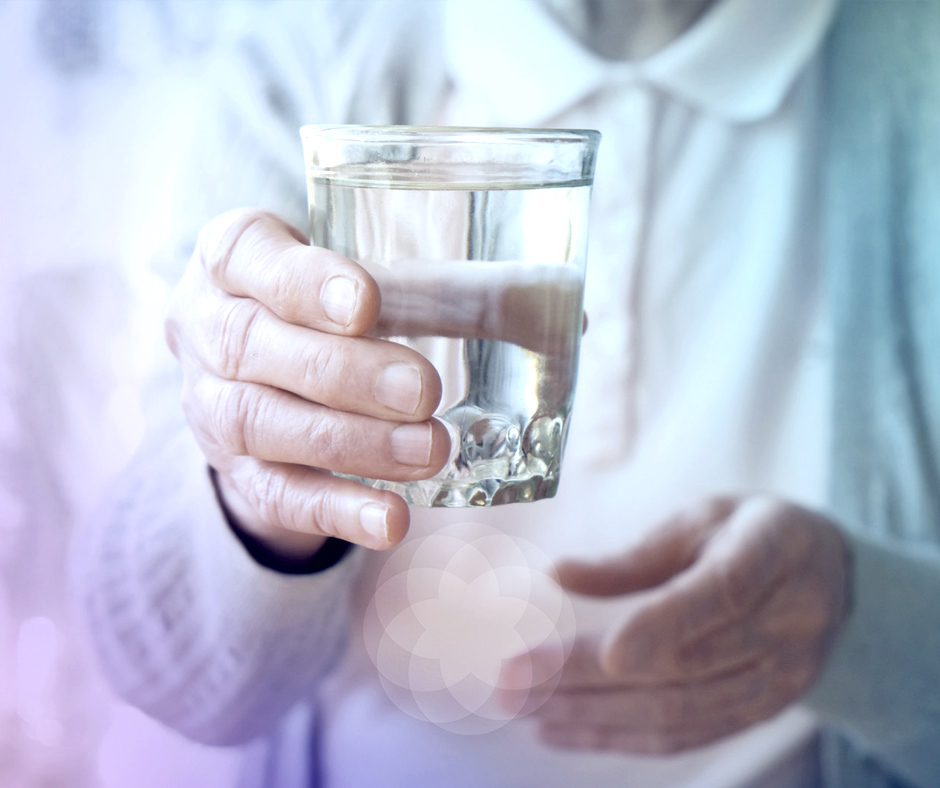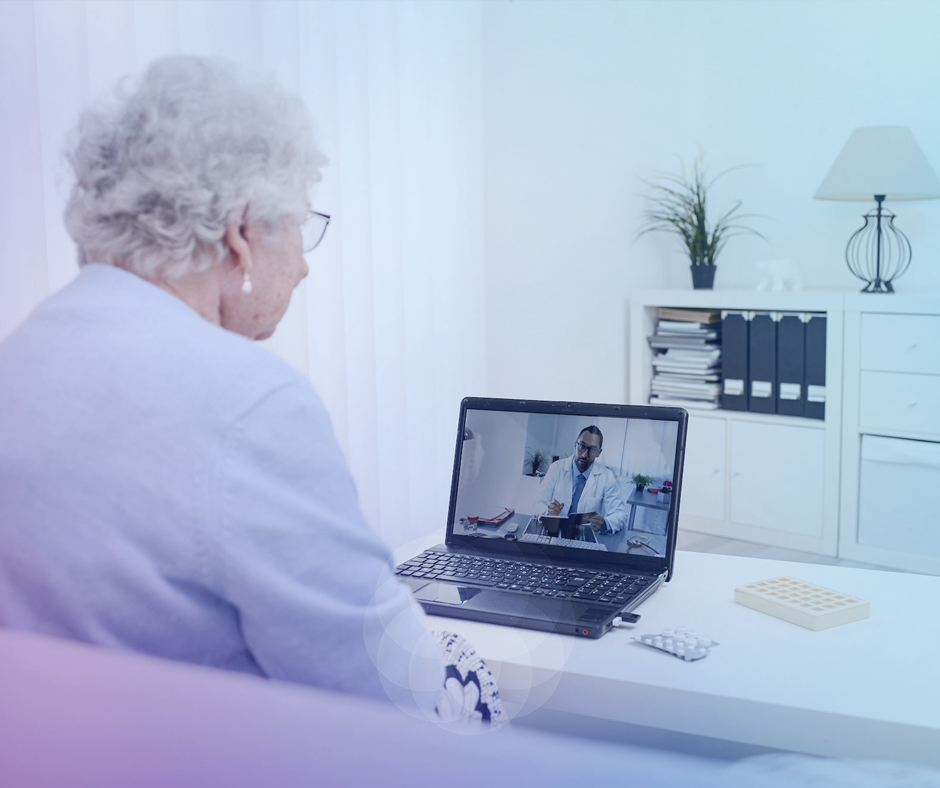
Living Well with Mobility Limitations
Mobility Limitations can be a risk factor for several conditions and lead to increased isolation and loneliness. A carer helps to make your home more accessible.
As we get older, the water in our body decreases by 15% (about 6L) which means that for older adults small fluctuations in fluid intake can be highly problematic. Other risk factors such as a decreased sense of thirst, reduced swallowing capability, mobility limitations, reduced kidney function and cognitive decline can also increase the risk of dehydration.

Severe dehydration can be a serious condition requiring hospitalisation and is associated with:
It is recommended that women over 70 consume 2.1L of fluid per day and men over 70 consume 3.4L of water per day, with 25% of this coming from foods. But being in a hot climate, exercise, diarrhoea, sweating, vomiting and certain diets could indicate a need for a higher fluid intake.
Some ways to increase fluid intake include:
If you or a loved one need help with maintaining good Hydration a community nurse can test for dehydration and can offer tips and strategies, while a carer can assist with keeping fluid intake consistent. Check a wide variety of In Home Care Services and find the care you need to keep you healthy.
SHARE
TAGS
Keep updated and safe with InPlace Care Updates

Mobility Limitations can be a risk factor for several conditions and lead to increased isolation and loneliness. A carer helps to make your home more accessible.

Many of us have had our first experiences of telehealth in the past year, as appointments that do not require a physical examination are often being conducted online during covid lockdowns.

Osteoporosis (porous bones in Latin) is a condition causing a loss of bone density which makes the bones brittle and susceptible to breaking. Osteoporosis is more common in older age.

Wandering or becoming lost is a common occurrence for people living with dementia and it can be a major cause of worry for their family and friends.
Use modern technology to service your loved ones safely to maintain their independence in their own homes at a Cost-Effective Price.
Newsletter
Join our mailing list for the latest news about our events, promos and exciting offers!
No spam, ever. Your email address will only ever be used for InPlace Care.

We know that the COVID-19 virus presents significant challenges and concerns for our clients and their families. InPlace Care have instigated many new operational actions to protect clients in the community.
OUR RESPONSE
WHAT WE HAVE DONE
WHAT WE ARE DOING
The Inplace Care worker visiting your home is taking the necessary measures to ensure you say safe.
This includes following advice from Australia’s Chief Medical Officer about when to use equipment such as masks, gloves, aprons or gowns, and protective eyewear.
Most importantly, look after yourself and keep safe.
The program will run for 4 weeks in February 2021.
The promotional FOC Care is only redeemable for new Clients that register and receive Care in February 2021.